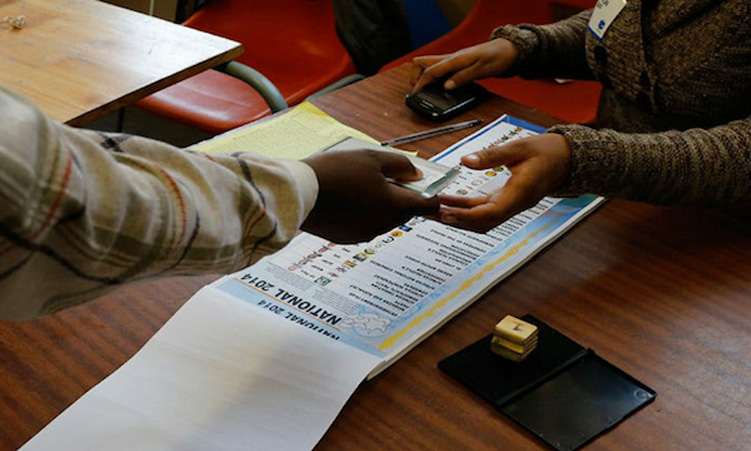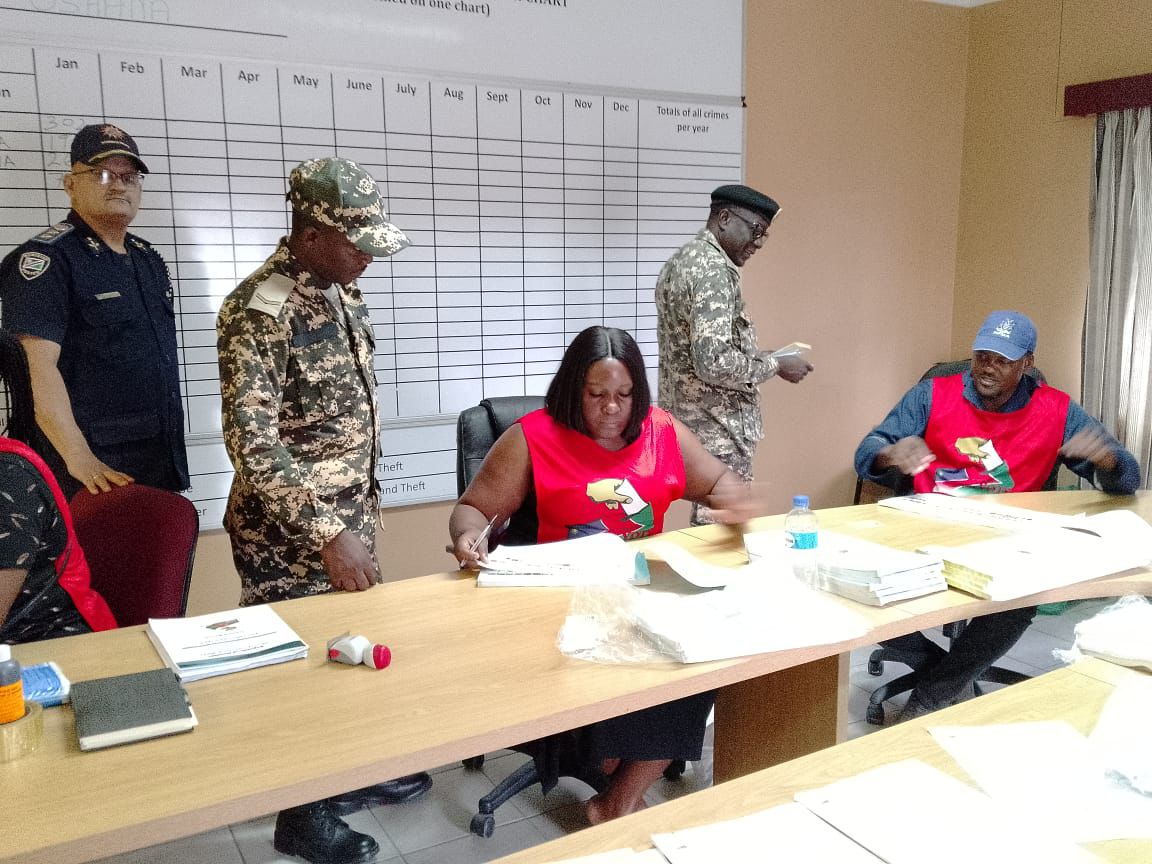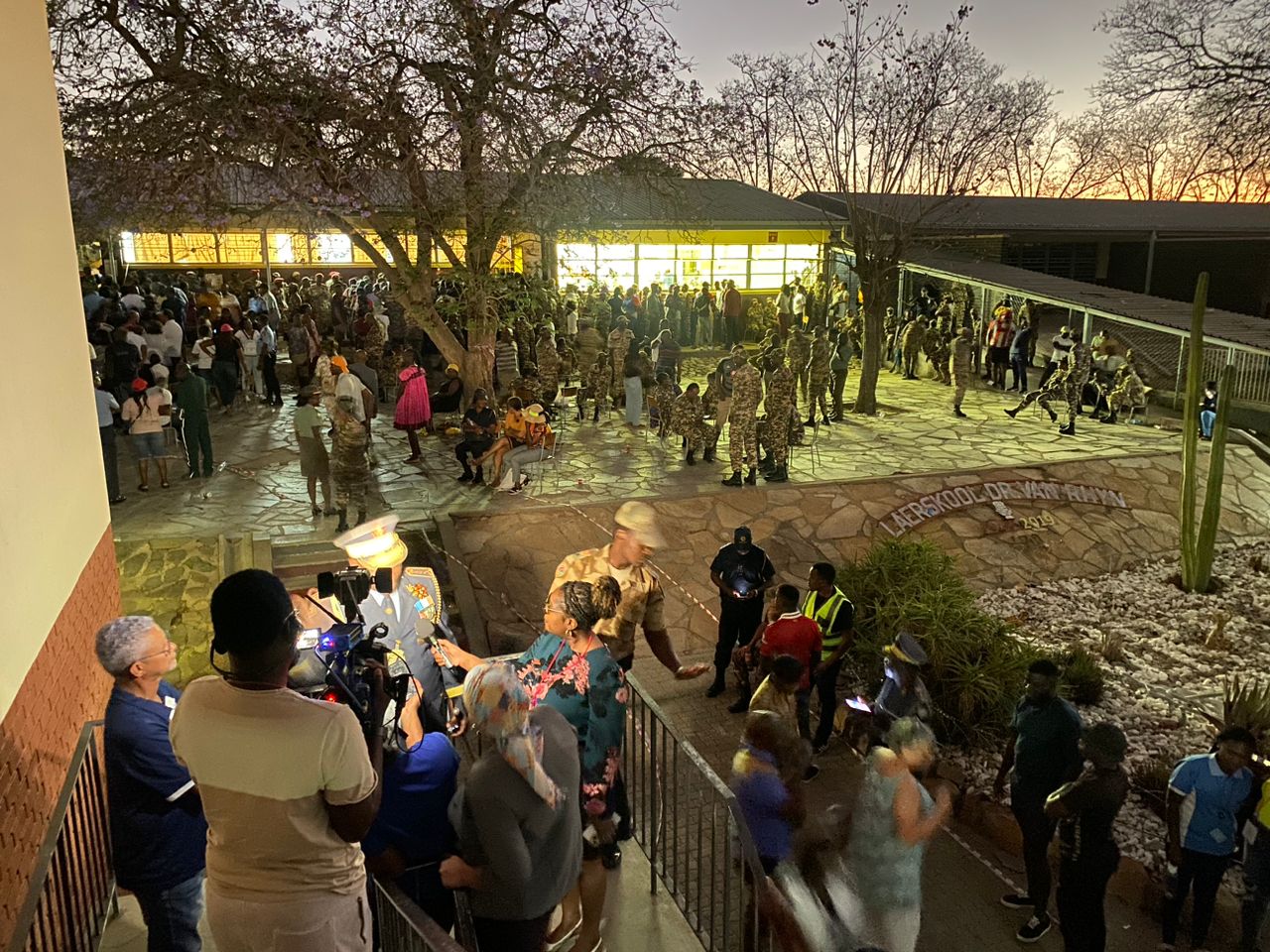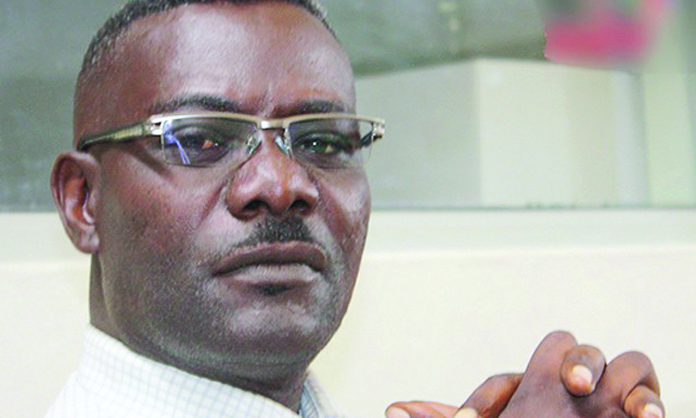The Electoral Commission of Namibia (ECN) is going ahead with an emergency procurement process for the designing, printing, supplying and delivery of ballot papers.
This is according to four political parties, namely the Popular Democratic Movement (PDM), National Unity Democratic Organisation (Nudo), Independent Patriots for Change (IPC) and Namibia Economic Freedom Fighters (NEFF).
ECN, on the other hand, remains tight-lipped about the process they are going to use.
“The commission has, through its internal procurement structures, considered alternative procurement methods in accordance with relevant provisions of the Public Procurement Act to ensure timely delivery of ballot papers,” the commission said in a statement issued yesterday.
ECN spokesperson Mulauli Siluka yesterday told Desert Radio that the commission has identified risks associated with open international bidding.
“Any procurement method that will be chosen by the commission’s internal procurement structure will be communicated to the key stakeholders in this process,” said Siluka.
The tender was advertised on 9 September, and it has to run for the whole month until 9 October.
According to the ECN’s annual procurement plan, the tender is worth over N$2.9 million for the printing of ballot papers. This plan also states that the commission opted for the open international bidding process. These plans are produced before the start of any entities’ financial year.
Siluka said the cancellation of the tender is in the interest of democracy and the people of Namibia.
“The commission has invited authorised representatives of political parties who will be contesting in the upcoming election to observe the production of ballot papers wherever they will be printed, the binding, and the packaging of ballot papers,” he said.
“After the public sitting on the 16th of October, will we know the final list of candidates contesting in the presidential elections and the political parties participating in the National Assembly elections,” he said.
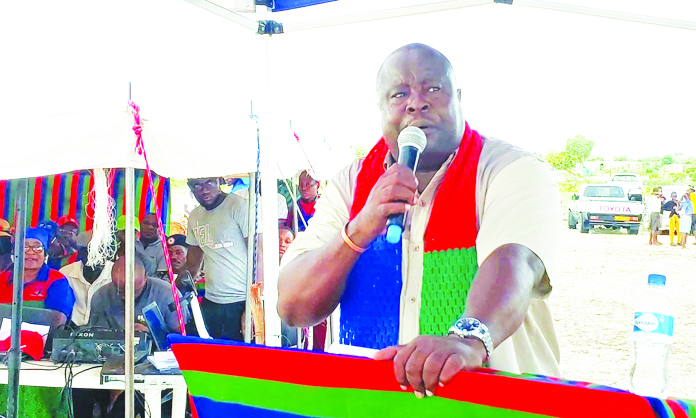
Swapo deputy secretary general Uahekua Herunga says the ECN should be allowed to run the election process as they are mandated to.
“The commission is entrusted to run free, fair and credible interference. We don’t want to sound like we’ve rushed or interfered with the process,” he says.
PDM secretary general Manuel Ngaringombe yesterday confirmed the decision to use emergency procurement for the printing of the ballot papers.
“They want an emergency procurement to meet time,” he indicated.
PDM leader McHenry Venaani demands that the commissions point out the reason for the delay.
“It’s deliberate. The ECN is trying to bend the rules because of their own incompetence and the paralysis of leadership that is engulfed that institution,” he says.
“How do they explain that they could not do this thing while they had a whole full year?” he asks.
“They are holding meetings at State House . . . briefing the president, and yet, they are not done with their work,” he says.
The ECN leadership met with president Nangolo Mbumba in July, to update him and Swapo secretary general Sophia Shaningwa on the voters registration process which was open at that time.
NEFF deputy leader Kalimbo Iipumbu says ECN’s decisions are concerning.
“While we understand that ensuring timely delivery is critical for the success of the upcoming elections, the abrupt cancellation of an international bidding process raises questions about the ECN’s preparedness and planning,” he says.
Kalimbo calls on the ECN to engage with all stakeholders to ensure that the alternative arrangements for the printing of ballots are conducted openly and transparently.
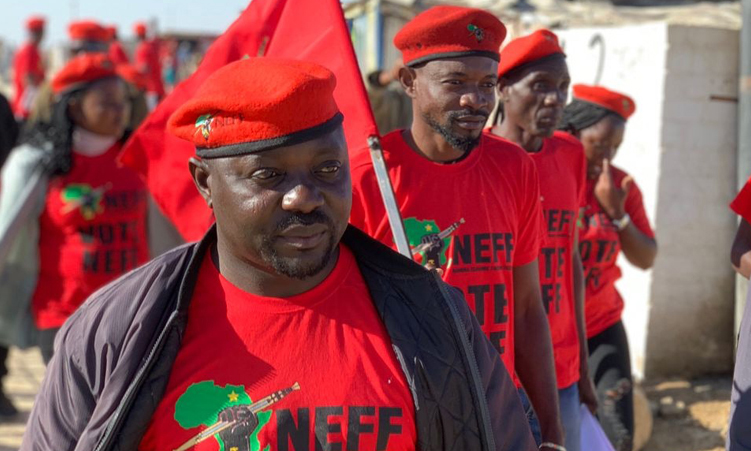
“We will closely monitor the process to ensure that the integrity of the election is not compromised, and that there are no undue delays or irregularities that could disenfranchise Namibian voters,” he says.
Nudo secretary general Joseph Kauandenge yesterday confirmed the ECN’s new procurement route.
“They said they will go for emergency procurement,” he said.
He described the ECN’s decision to cancel the first bid as a poignant decision, questioning their transparency.
“It is a very sad development that with that action, transparency is out of the window, and whoever wins that tender to print the ballot papers’ credibility will be questioned. By extension, the whole election credibility has been compromised really,” he said.
Kauandenge said this decision leaves him in doubt.
“One wonders whether the ECN has time to go through another bidding process, I have my doubts really,” he said.
IPC spokesperson Imms Nashinge yesterday confirmed the new procurement process selected by the ECN.
“They are apparently now going for emergency procurement,” Nashinge said.

He said the ECN did not explain why they opted for this route, other than stating it will help them meet the deadline.
“They have not really explained to us how they are going to go about it or which provision of the law. But they told us they are now going to go for an emergency,” he stated.
Nashinge further reasoned that they believe ECN is being arrogant.
“We are sensing some sort of arrogance now, unfortunately. Like today, we were literally just summoned to the meeting. We were summoned to hear what they have decided,” he said.
LPM spokesperson Lifalaza Simaata yesterday expressed concern with the cancellation.
“This lack of transparency is allowing the body of ECN too much power. The ECN was not only aware of the schedule but played a significant role in constructing it,” he said.
He accused the commission of negligence for not sticking to their own schedule.
“This lessens the transparency when it is no longer based on an open criteria but as a selected organisation by ECN,” he added.
WHAT THE LAW SAYS
The Public Procurement Act states that emergency procurement is granted if “the country is either seriously threatened by or actually confronted with a natural disaster, catastrophe, or war; life or the quality of life or environment or national interest or public interest may be seriously compromised; and the condition or quality of goods, equipment, building or publicly owned capital goods may seriously deteriorate, unless action is urgently and necessarily taken to maintain them in their actual value or usefulness”.
Stay informed with The Namibian – your source for credible journalism. Get in-depth reporting and opinions for
only N$85 a month. Invest in journalism, invest in democracy –
Subscribe Now!


